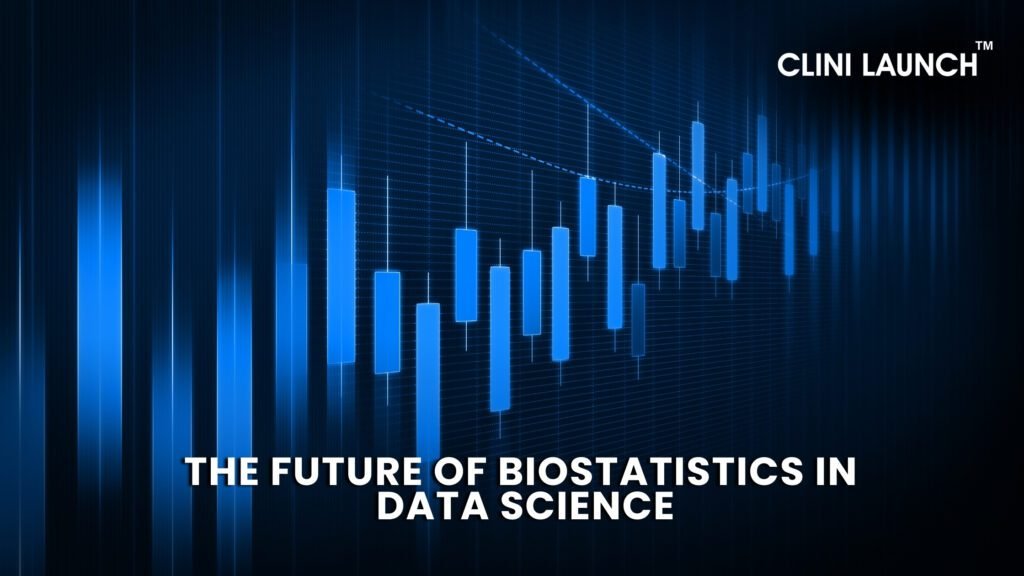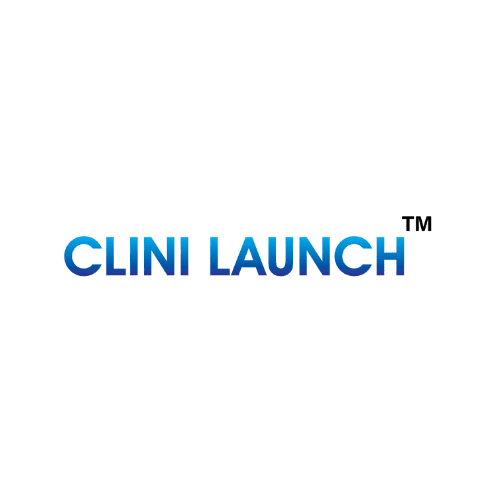Best Clinical Research Institute
The world is flooded in data, and the ability to extract meaningful insights from that data is more critical than ever, especially in fields like healthcare, public health, and pharmaceuticals. This is where the powerful combination of biostatistics and data science enters play. This guide provides a comprehensive overview of biostatistics data science practitioners, bridging the gap between these two significant disciplines.
The Intersection of Biostatistics and Data Science
Biostatistics for Data Science applies statistical principles to biological and health-related research. Data science, on the other hand, is a broader field that uses various techniques to extract knowledge and insights from data, also it covers data collection and storage to analysis and visualization. The intersection of these fields is where the magic happens, particularly when dealing with complex biological datasets. The demand for professionals skilled in both biostatistics data analysis and data science are rapidly growing, making this a critical area of expertise. This blog will equip you with the fundamental knowledge you need to navigate this exciting field.
Applications of Biostatistics and Data Science
- Biostatistics: Biostatisticians play a significant role in designing experiments, monitoring health related data, and drawing final thoughts to inform medical decisions and public health approaches. Also, they have the opportunity to work in diverse fields such as epidemiology, genetics, health services research, environmental health, and clinical trials.
- Data Science: Data scientists utilize data to get insights, make predictions, and inform business decisions. Also, they work in various fields such as finance, marketing, technology, social media, e-commerce, etc…
Scope of Biostatistics for Data Science
- Biostatistics: Biostatisticians work closely with researchers and healthcare professionals to ensure that statistical analyses are related and meaningful in the healthcare factors. They typically have a robust background in public health, medicine or biology.
- Data Science: Data scientists often have an adaptable skill set which includes data engineering, data visualization, and machine learning. Data science outlines from computer science, mathematics, domain specific knowledge and statistics.
Fundamental Biostatistics for Data Scientists & Its Applications

A solid understanding of core biostatistical concepts is essential for any data scientist working with biological data.
- Study Design: The foundation of any sound research is a well-designed study. Whether it’s an observational study, an experiment, or a clinical trial, the design dictates the type of analysis that can be performed and the conclusions that can be drawn. Understanding different study designs is significant for evaluating the validity and reliability of biostatistics data.
- Descriptive Statistics: Before diving into complex analyses, it’s crucial to understand the data’s basic characteristics. Descriptive statistics, including measures of central tendency (mean, median, mode) and dispersion (variance, standard deviation), provide a snapshot of the data. Visualizations like histograms and box plots further aid in exploring biostatistics data.
- Probability and Distributions: Probability forms the bedrock of statistical inference. Understanding probability distributions, like the normal, binomial, and Poisson distributions, is crucial for modeling and analyzing biostatistics data. The central limit theorem, a cornerstone of statistical inference, also plays a key role.
- Inferential Statistics: nferential statistics allow us to draw conclusions about a population based on a sample. Hypothesis testing, using tests like t-tests, chi-square tests, and ANOVA, helps determine if observed differences are statistically significant. Understanding p-values and confidence intervals is essential for interpreting the results of biostatistics data analysis.
Biostatistical for Data Science Applications & Its Methods
Several biostatistical methods are particularly relevant to data science applications.
- Regression Analysis: Regression analysis is a powerful tool for modeling relationships between variables. Linear regression predicts continuous outcomes, while logistic regression handles binary classification problems. These techniques are widely used in analyzing biostatistics data to understand risk factors, predict disease outcomes, and more.
- Survival Analysis: Often in healthcare, we’re interested in time-to-event data, such as time until disease progression or patient survival. Survival analysis methods, like Kaplan-Meier curves and Cox proportional hazards models, are specifically designed for this type of biostatistics data.
- Machine Learning and Biostatistics: The lines between machine learning and biostatistics are increasingly blurring. Biostatistical principles are crucial for developing and evaluating machine learning models, especially in healthcare and genomics. For example, biostatistics helps in feature selection, model validation, and assessing the generalizability of machine learning models applied to biostatistics data.
- Working with Missing Data: Missing data is a common challenge in biostatistics data. Various imputation techniques exist, but understanding their limitations and potential biases is crucial for accurate analysis.
Tools and Resources for Biostatistical Analysis

Several powerful tools are available for biostatistical analysis. R and Python are popular programming languages with extensive libraries for statistical computing. Other software packages like SAS and SPSS are also widely used, especially in more traditional settings. Numerous online resources and biostatistics courses are available from CliniLaunch research institute to further enhance your skills.
Ethical Considerations in Biostatistics and Data Science
Working with biological and health-related data requires careful consideration of ethical implications. Data privacy, security, and informed consent are primary. Researchers must also be aware of potential biases in data collection and analysis. Biostatisticians are dealt with sensitive health data must follow ethical guidelines relevant to patient data security, informed consent, and privacy. Data scientists, On the other hand, data scientists also face some ethical considerations specifically regarding data privacy which influences machine learning algorithms and the responsible use of data in business and technology applications.
Conclusion: The Future of Biostatistics in Data Science

The future of data science is closely linked to biostatistics. As biological datasets become larger and more complex, the demand for professionals with expertise in both fields will continue to grow. Whether you’re interested in drug discovery, personalized medicine, or public health, a solid foundation in biostatistics is essential for making a real-world impact. Ready to take your biostatistics and data science skills to the next level? Explore the opportunities at CliniLaunch Research Institute and discover how you can contribute to advanced research in the life sciences.
FAQs
- What are biostatistics and data science?
Biostatistics applies statistical principles to biological and health-related research, while data science uses various techniques to extract knowledge and insights from data. The intersection of these fields is crucial for analyzing complex biological datasets and driving data-driven decisions in healthcare and related areas. - Why is biostatistics important for data science, especially in healthcare?
Biostatistics provides the necessary tools and techniques for analyzing biological and medical data, enabling data scientists to draw meaningful conclusions, identify patterns, and make informed decisions in healthcare, drug discovery, and public health. - What kind of skills do I need to work in the intersection of biostatistics and data science?
You’ll need a solid understanding of statistical concepts, proficiency in programming languages like R or Python, familiarity with biostatistical methods (e.g., regression, survival analysis), and the ability to work with large and complex datasets while adhering to ethical guidelines. - Where can I learn more about biostatistics and data science?
You can explore online courses, and resources from Clinilaunch Research Institute and discover how you can contribute to advanced research in the life sciences. - Are there any specific ethical considerations when working with biostatistics data?
Yes, data privacy, security, and informed consent are crucial when dealing with health-related information. Researchers must adhere to ethical guidelines and be mindful of potential biases in data collection and analysis to ensure responsible use of biostatistics data.
References
Is Biostatistics the Same as Data Science?
https://www.biostatistics.ca/is-biostatistics-the-same-as-data-science
Biostatistics and Data Science
Statistics for Data Science: A Comprehensive Guide
https://www.simplilearn.com/statistics-for-data-science-article#fundamentals_of_statistics
